- The Rio Declaration on Environment and Development — a series of principles defining the rights and responsibilities of States;
- Agenda 21 — a comprehensive programme for global action in all areas of sustainable development;
- The Statement of Forest Principles — a set of principles to underlie the sustainable management of forests worldwide.
The Rio Declaration was originally conceived as an “Earth Charter”, a statement of environmental principles for national behavior.
It outlines twenty-seven principles which should engage States on the road to sustainable development with a transversal and highly anthropocentric nature. Principle 7 of the Declaration affirms that the States should cooperate in a spirit of global partnership “to conserve, protect and restore the health and integrity of the Earth’s ecosystem.”.
Agenda 21 is structured in forty chapters devoted on the fight against the detrimental effects of human activity on the biosphere and on the achievement of sustainable development.
Through its four major sections, it represents an important step forward in the development of the management and preservation of the environment and biodiversity. Chapter 15 (titled Conservation of biological diversity) sets out ten biodiversity objectives. These include the entry into force of the CBD, the development of national strategies for the conservation and sustainable use of biodiversity, the integration of these requirements into national development plans and strategies, the research and evaluation on the conservation and sustainable use of biodiversity, the equitable sharing of benefits derived from genetic resources, the implementation of mechanisms for rational use and the safe transfer of biotechnology.
The Forest Principles reflect a first global consensus on forests and are aimed to contribute to their management, conservation and sustainable development. The States recognize that forests are essential to economic development and the maintenance of all forms of life. Principle 8, in particular, affirms that efforts should be undertaken towards the greening of the world. All countries, and in particular developed countries, should take positive and transparent action towards reforestation, afforestation and forest conservation.
The CBD is the first and most comprehensive and integrative legal regime for the conservation and sustainable use of the living resources of our planet.
As affirmed in the Preamble of the CBD, biological diversity has an intrinsic value and represents a common concern of humankind, due to its importance for the evolution and the maintenance of life-sustaining systems in the biosphere.
Photo by Paul Williams of Williams & Welsby on Visualhunt.com / CC BY-NC
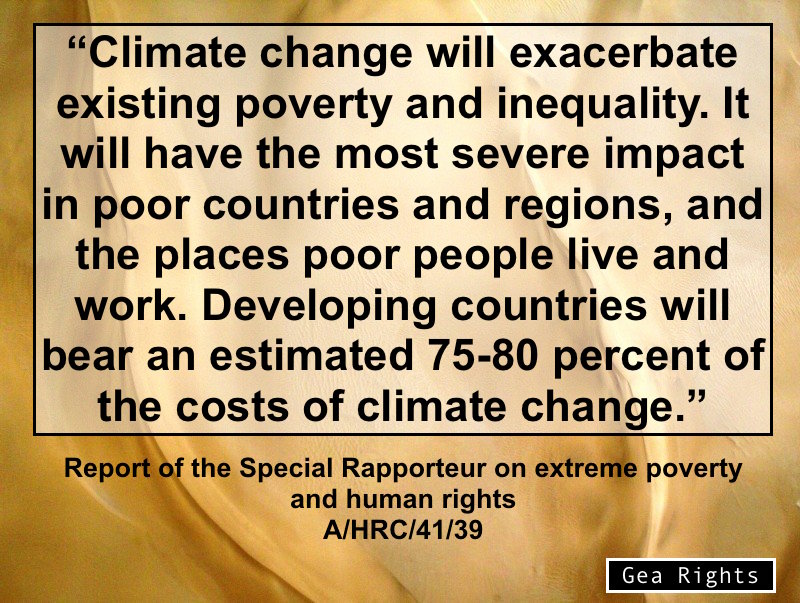
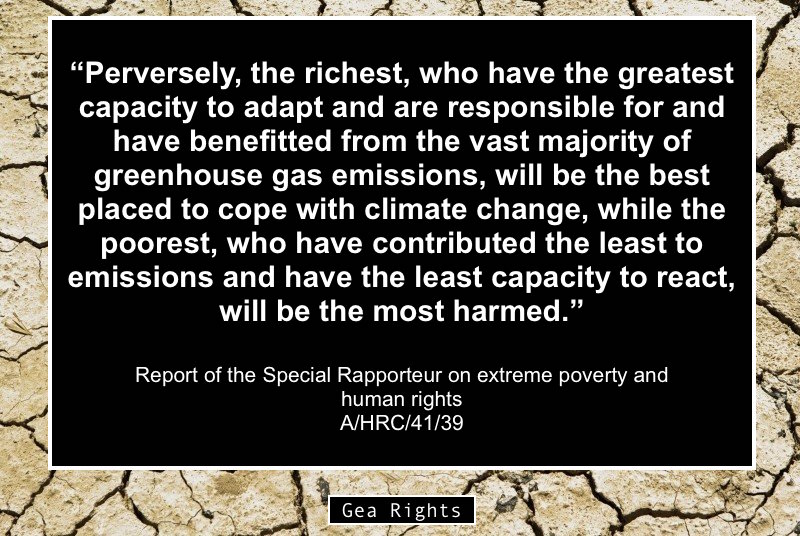
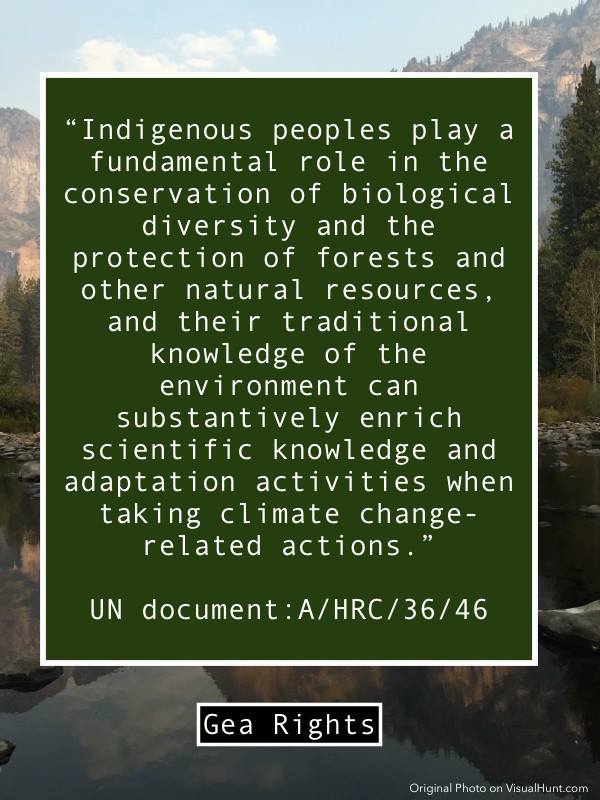
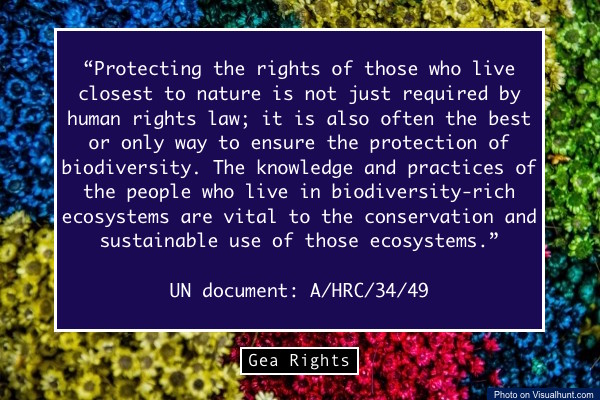
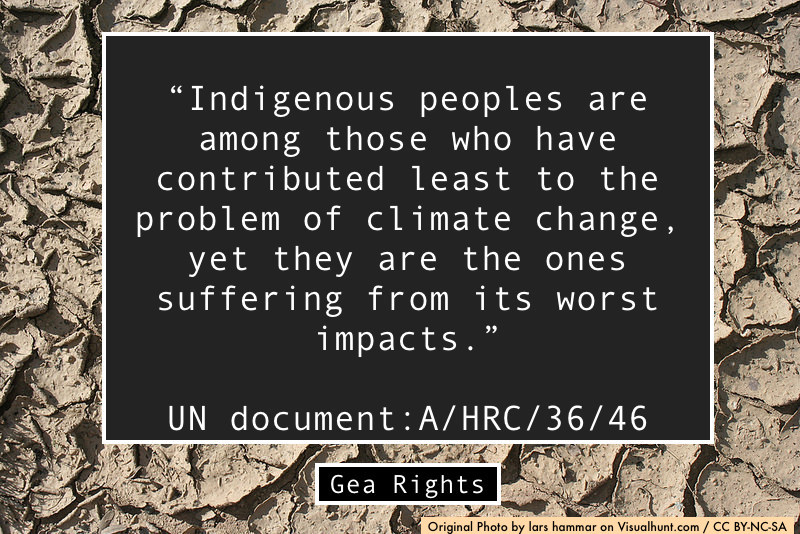
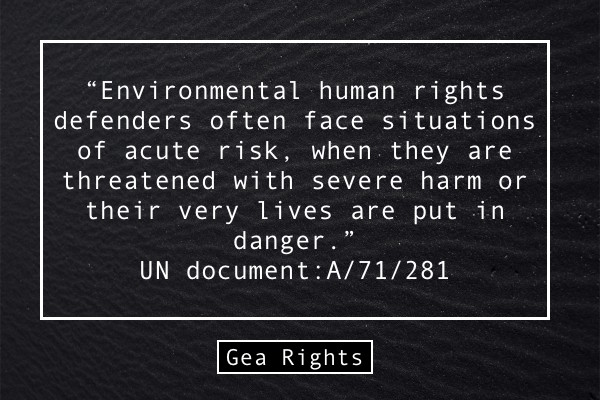
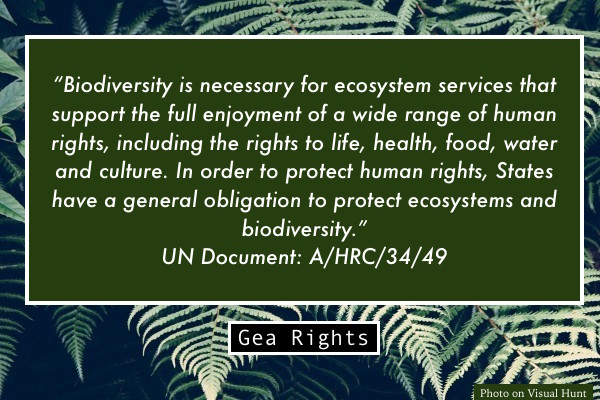
Leave a Reply